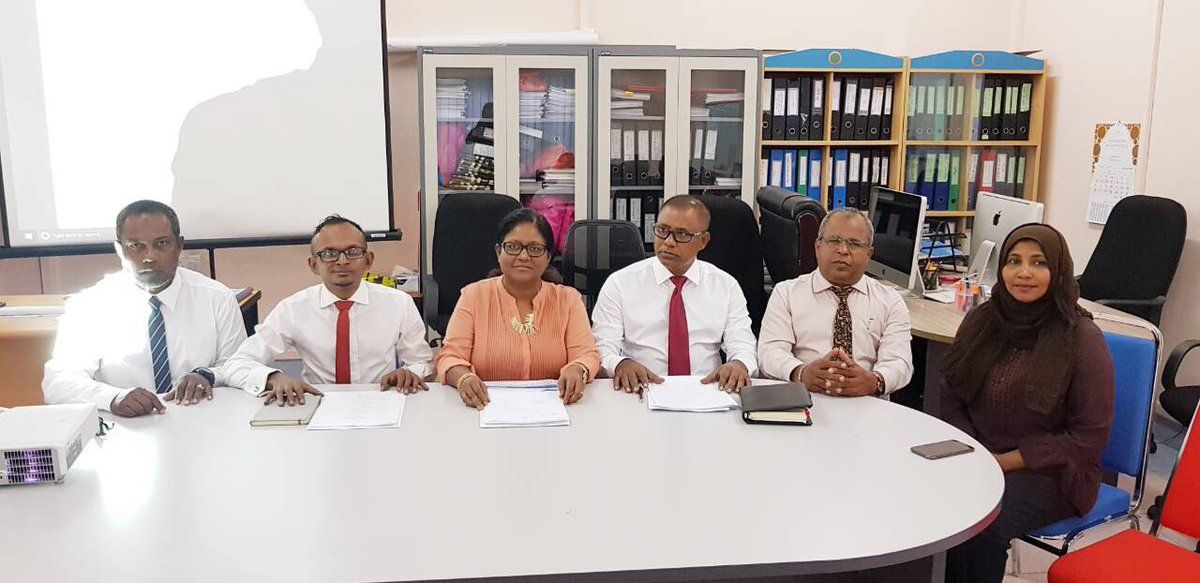
16 May 2019, 09:00
The Malé City Council decided Wednesday night to ban smoking on the streets of the Maldives capital.
It will take effect in six months after the council enacts new regulations, Councillor Hussain Shareef told the press. The ban was proposed by Shareef and approved unanimously by seven councillors present at the meeting.
The 2010 Tobacco Control Act prohibited smoking at government offices, parks, sports stadiums, public transport, childcare or educational facilities, and designated non-smoking areas in restaurants. The law broadly defined public spaces but streets were not specifically included.
Along with graphic health warnings, a ban on the sale of single cigarettes is meanwhile due come into force in June.
Become a member
Get full access to our archive and personalise your experience.
Already a member?
Discussion
No comments yet. Be the first to share your thoughts!
No comments yet. Be the first to join the conversation!
Join the Conversation
Sign in to share your thoughts under an alias and take part in the discussion. Independent journalism thrives on open, respectful debate — your voice matters.




